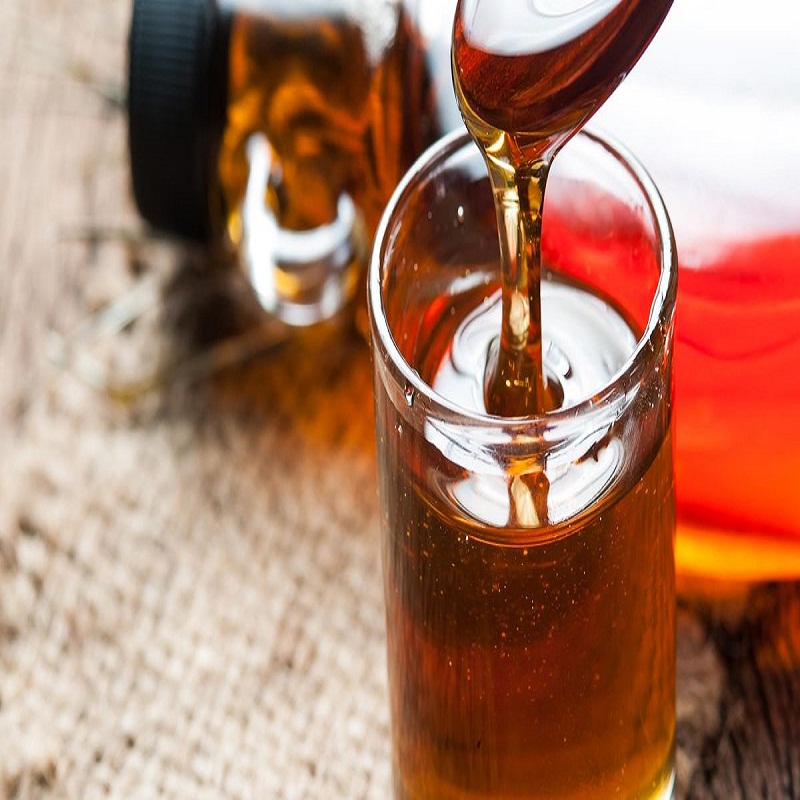
Choosing organic maple syrup is not only a good choice for your food’s health, it’s also an environmentally friendly choice. Organic maple syrup is made with no genetic engineering or pesticides. It also requires extra steps in the process to ensure safety.
The USDA and Organic standards ensure that maple syrup producers follow a strict set of guidelines to protect the environment and consumers. The certifying agencies inspect maple syrup farms annually, verifying the safety of the product.
Organic maple syrup is produced by harvesting the sap of maple trees in a manner that doesn’t harm the forest ecosystem. In order to produce organic maple syrup, the farms must follow strict guidelines and keep records of the maple syrup production process. In addition to producing organic maple syrup, farmers must also protect the forest environment from pesticides, chemicals, and other pollutants.
When producing organic maple syrup, producers must follow strict guidelines, including maintaining a buffer zone between farmland and the maple trees. The buffer zone must be at least fifteen percent of the total area of the farm. It is also important to use 100% organic oils to produce organic maple syrup. Using organic oils ensures that the products are allergen free and vegan.
Maple syrup is a natural sweetener that comes from maple trees that are centuries old. It is harvested from a native forest in Eastern Canada and the Northeastern United States. It is minimally processed, meaning that the sap of the maple tree is boiled down into syrup at the sugar house. The syrup is then stored in stainless steel drums. It is made in only six to eight weeks in the spring.
Maple syrup production requires patience and hard work. In addition to harvesting, it also requires cleaning the syrup house and equipment. Equipment must be cleaned with potable water and soaps made from organic materials. Moreover, it is important to ensure that the sap containers used to hold sap are food grade. This is important since maple syrup is a natural product and can be harmful if stored in improper containers.
The use of synthetic defoamers, or chemical defoamers, is common in the conventional maple syrup industry. Organic maple syrup producers use natural vegetable oil-based defoamers, which do not leave residue in the syrup. The defoaming agent is certified by the USDA or the Organic certification agency.
Organic maple syrup producers must follow the guidelines of the Vermont Organic Farmers, an arm of NOFA Vermont, to ensure that they are following the proper practices. For instance, the organization prohibits the use of synthetic pesticides and herbicides, and it requires that maple syrup farms limit the diameter of maple trees. It also requires that farms be inspected every year by the USDA, which enables consumers to know that the syrup they are buying is safe for consumption.
During organic maple syrup production, maple trees are not cut down and the undergrowth is not cleared. In addition, the maple trees must be at least fifteen percent companion species. If the farm is close to a place where prohibited materials are found, a buffer zone must be created between the farm and the site.
















